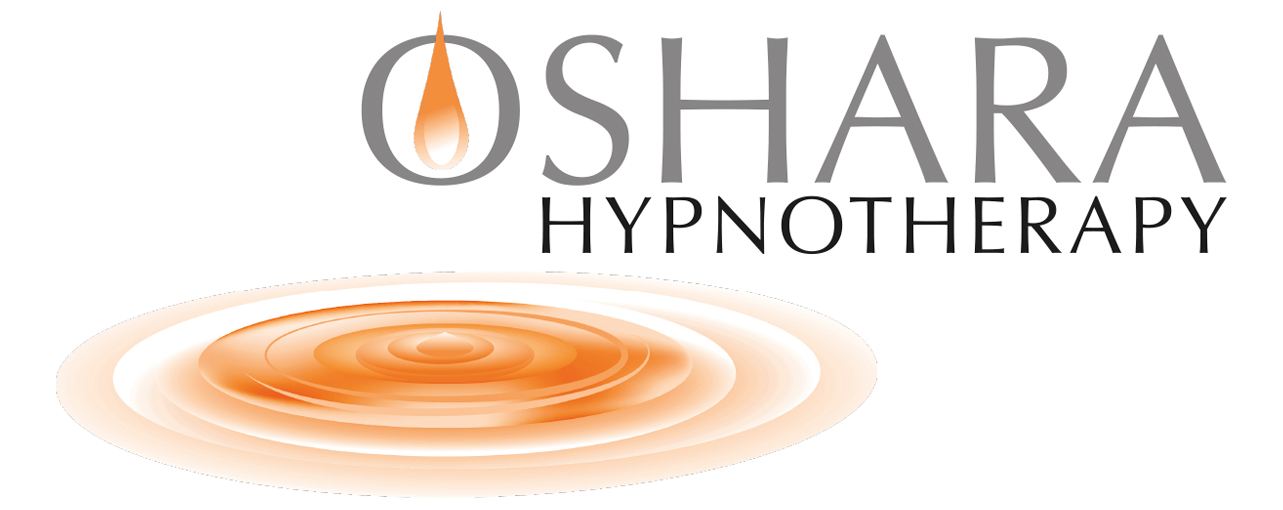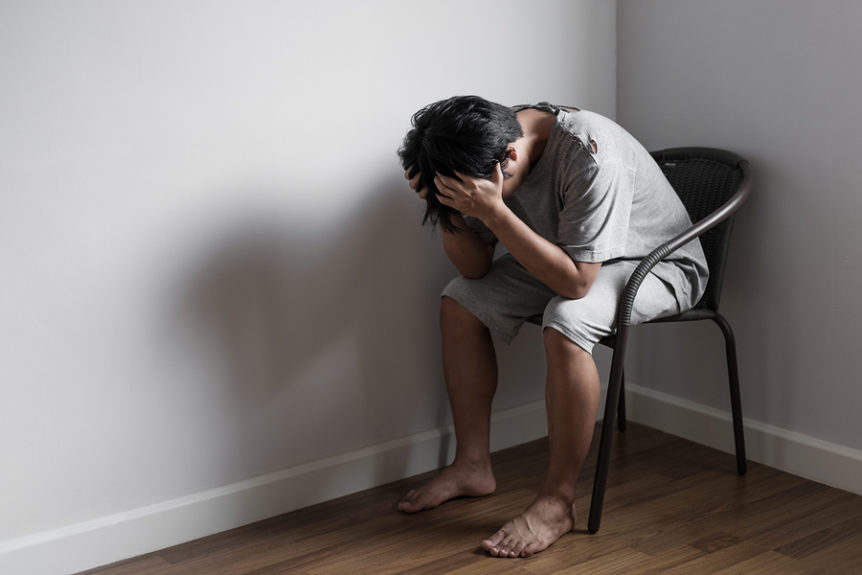Depression is a mood disorder and it’s much more common than you’d think. In fact MIND, the mental health charity, believes that around one in four people in the UK will suffer depression every year. Despite this, it’s much misunderstood, is often seen signal of personal weakness, and not everyone who experiences it recognises what they’re going through.
How do I know if I’m depressed?
Although depression ranges from mild to severe, it’s more than feeling ‘down’ or ‘sad’ for a few days. It’s one of those conditions which affects each of us differently, but you might have depression if you
- feel sad, hopeless (‘what’s the point?’) or deeply unhappy
- can’t be bothered to do things you used to enjoy
- feel tearful or find yourself crying for no specific reason
- feel tired or listless a lot
- find concentrating on things more difficult than usual
- change your behaviour patterns around food, sleep, sex,
- think about self-harm, death or suicide
People who are depressed often experience stress or anxiety as well.
What can I do about my depression?
The first thing is to go see your GP. In my experience a lot of people avoid doing this because they worry about not being taken seriously, or don’t feel their problems are ‘bad enough’. Others worry that the only option they’ll be offered is pills, or they just can’t find the emotional or physical energy to get to the appointment. Despite this, you really need to get your symptoms checked out: it might help to ask a friend or relative to go with you.
Depression is a very varied condition with a lot of variations in the symptoms and causes, so it needs medical expertise to diagnose it. Some of the symptoms which look or feel like depression can also be due to other causes such as hormone imbalances, which again need to be ruled in (or out) by a doctor.
Hypnotherapy and depression
Lifestyle changes will often be a part of reducing your depression, such as getting more exercise and ‘me time’, and cutting down on alcohol, tobacco and unhealthy foods.
Unfortunately, the depression itself can make this difficult. When you are depressed, it’s often hard to see the ‘light at the end of the tunnel’ that tells you that you can feel better, or to find the energy to do the things that will make that happen.
Help is at hand, though. As you might have seen elsewhere on this site, hypnotherapy can offer support with many of the changes your GP might ask you to make as part of treating your depression.
- it can teach you relaxation techniques for regular use
- it can support you as you quit, control or reduce your smoking
- it can support you as you change to healthier food choices
- it can help you find the motivation to exercise more regularly
- it can teach you techniques to deal with negative thinking and worrying so you feel more positive
Ethical issues around using hypnotherapy for depression
It’s only fair to say that the Advertising Standards Agency has a couple of concerns around using hypnotherapy to work directly with depression. These are:
- that people with depression might be discouraged from seeing a doctor if they see a hypnotherapist
- that hypnotherapy should be used with depression and other serious illnesses under the guidance of someone who is medically trained
It’s important for me to work responsibly so I ask all clients seeking help with depression to see their GP before I begin working with them. If we plan to use hypnotherapy with your depression (rather than simply to support the changes mentioned above) I will also ask for a medical referral.
Having said that, I draw on a wide variety of skills to help with depression, including counselling and coaching. Often these are the best and most effective first approach, with hypnotherapy used as an ‘add-on’ if necessary to support specific changes, like those mentioned above.
If you’d like help with depression please get in touch.

